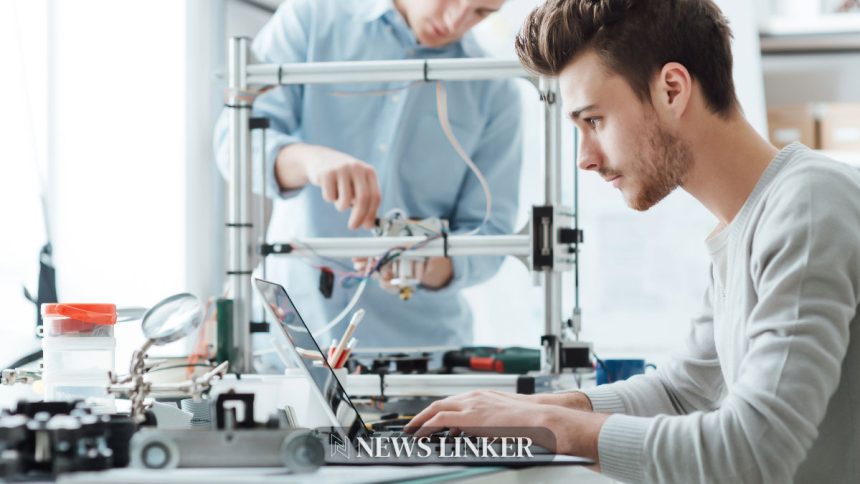Recent events surrounding Intel CEO Lip-Bu Tan highlight the volatile intersection of politics and technology. The rapid public shift in U.S. President Donald Trump’s opinion about Tan demonstrates the sensitivity of national security concerns in the semiconductor industry. Market participants watched as Tan and Intel’s direction were cast into uncertainty, and yet the face-to-face engagement with the administration appears to have momentarily quelled that turbulence. Industry stakeholders, investors, and policymakers are carefully observing the signals sent by this interaction, as the semiconductor sector remains an arena of diplomatic and economic tension. Fluctuations in Intel’s stock suggest how international relations and leadership decisions can swiftly impact corporate value and market sentiment.
Public scrutiny surrounding Lip-Bu Tan has occurred before, but this recent episode marks one of the most public and immediate policy reversals on a technology executive. While Tan’s previous tenure at Cadence Design Systems had faced little controversy during his leadership, the company’s conviction for sales to a Chinese military-affiliated university this year brought new attention to historic decisions. In contrast to earlier low-profile boardroom changes, this incident unfolded with high-level political involvement and market consequences, contrasting with prior CEO transitions like Pat Gelsinger’s departure. The geopolitical context, including fluctuating tariffs and cross-Pacific commerce restrictions, has added a new layer of complexity to semiconductor leadership scrutiny.
Tan’s Leadership Experience and Recent Accusations
Concerns about Lip-Bu Tan’s background emerged after Senator Tom Cotton questioned his links to China and his time as CEO of Cadence Design Systems. This scrutiny intensified after Cadence pled guilty to improper technology sales. As a result, President Trump initially demanded Tan’s resignation, citing possible security threats. Tan publicly rejected these allegations, emphasizing his longstanding commitment to the U.S. and loyalty to American industry.
Public Statements from Both Sides
After a meeting at the White House, President Trump posted on social media, praising Tan’s record and suggesting continued collaboration.
“The meeting was a very interesting one,”
Trump remarked, noting forthcoming discussions between Intel leadership and Cabinet members. Intel responded with a conciliatory statement, aiming to reassure stakeholders and align its public message with government expectations.
“Mr. Tan had the honor of meeting with President Trump for a candid and constructive discussion on Intel’s commitment to strengthening U.S. technology and manufacturing leadership,”
the company said.
Tariff Policies and Industry Responses: What’s Next?
Tariffs and national security remain intertwined in the dispute. The administration’s decision to postpone tariff hikes on Chinese goods has temporarily eased tension, though retaliatory measures from China are set for later in the year. Simultaneously, similar demands have been placed on chipmakers Nvidia and AMD, with a government mandate to pay a portion of Chinese export revenues for license approvals. Market dynamics reflect these announcements, as Intel’s stock saw gains following the positive presidential comments.
Moving forward, Intel’s strategy differs from competitors like Nvidia and AMD, both of which have benefited by focusing on the artificial intelligence chip market. Under Tan’s leadership, Intel is shifting towards cost reduction and enhancing its foundry business, aiming to recover from a prolonged market downturn and leadership changes. This unique pivot will be closely watched, as government policy and global supply chains put further pressure on American tech companies.
Assessing the current state of affairs provides useful guidance for readers evaluating the future of the semiconductor sector. Political involvement can rapidly shift perception and fortune for leading technology brands, even for leaders with extensive industry credentials like Tan. Investors and business leaders should recognize that, beyond public statements and short-term stock movements, deeper trends—such as diversification, R&D investment, and regulatory compliance—will dictate lasting outcomes. As international relationships change and national security rhetoric intensifies, close attention to executive background checks and government requirements will remain part of the business landscape for companies operating in strategically vital sectors.
- President Trump reversed his position on Intel CEO Lip-Bu Tan after a meeting.
- Leadership controversies surfaced amid renewed scrutiny of U.S.-China tech relations.
- Intel’s strategic changes continue under Tan amid political and market pressure.










